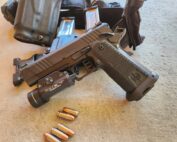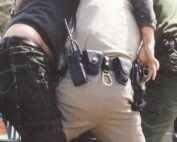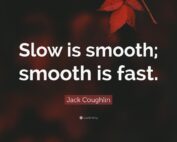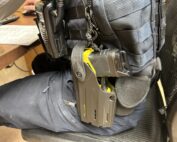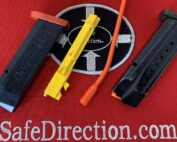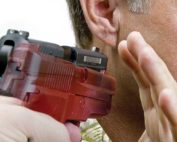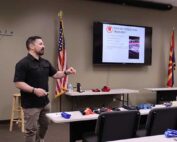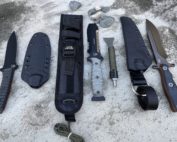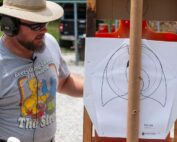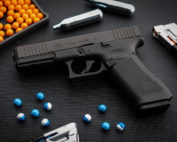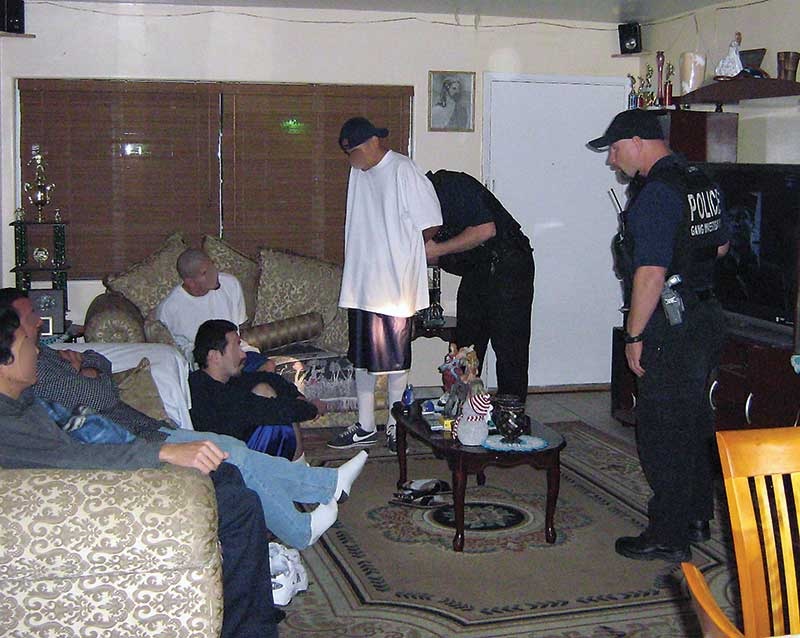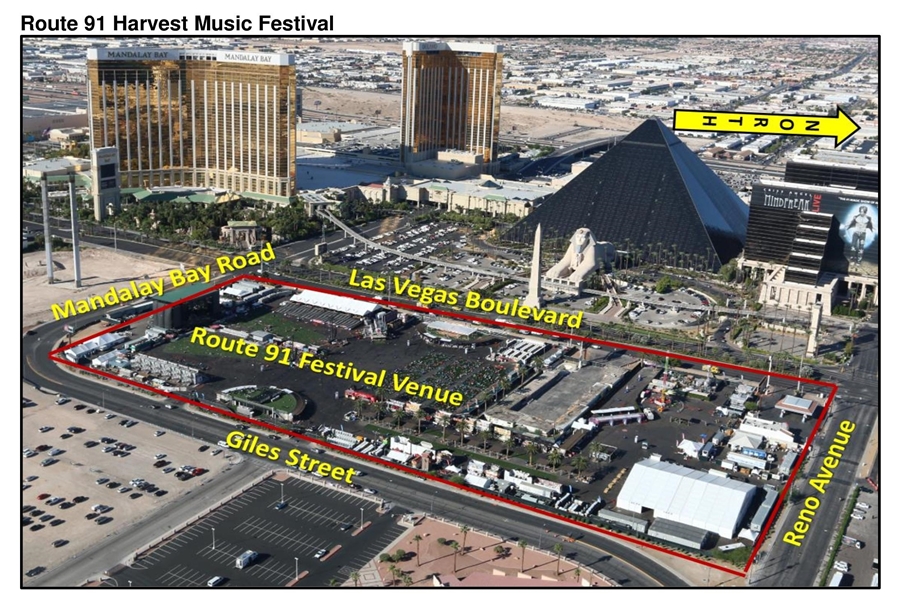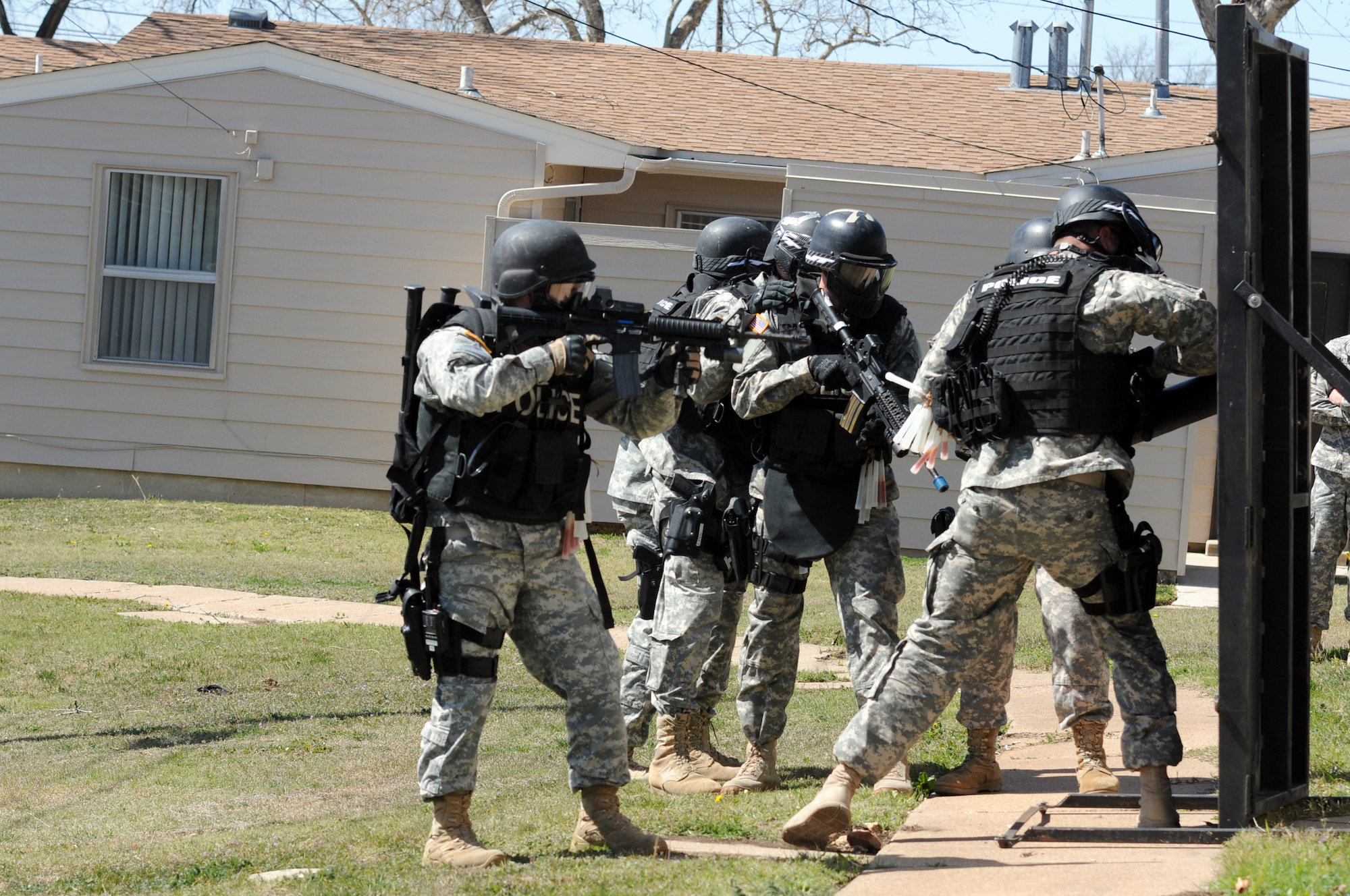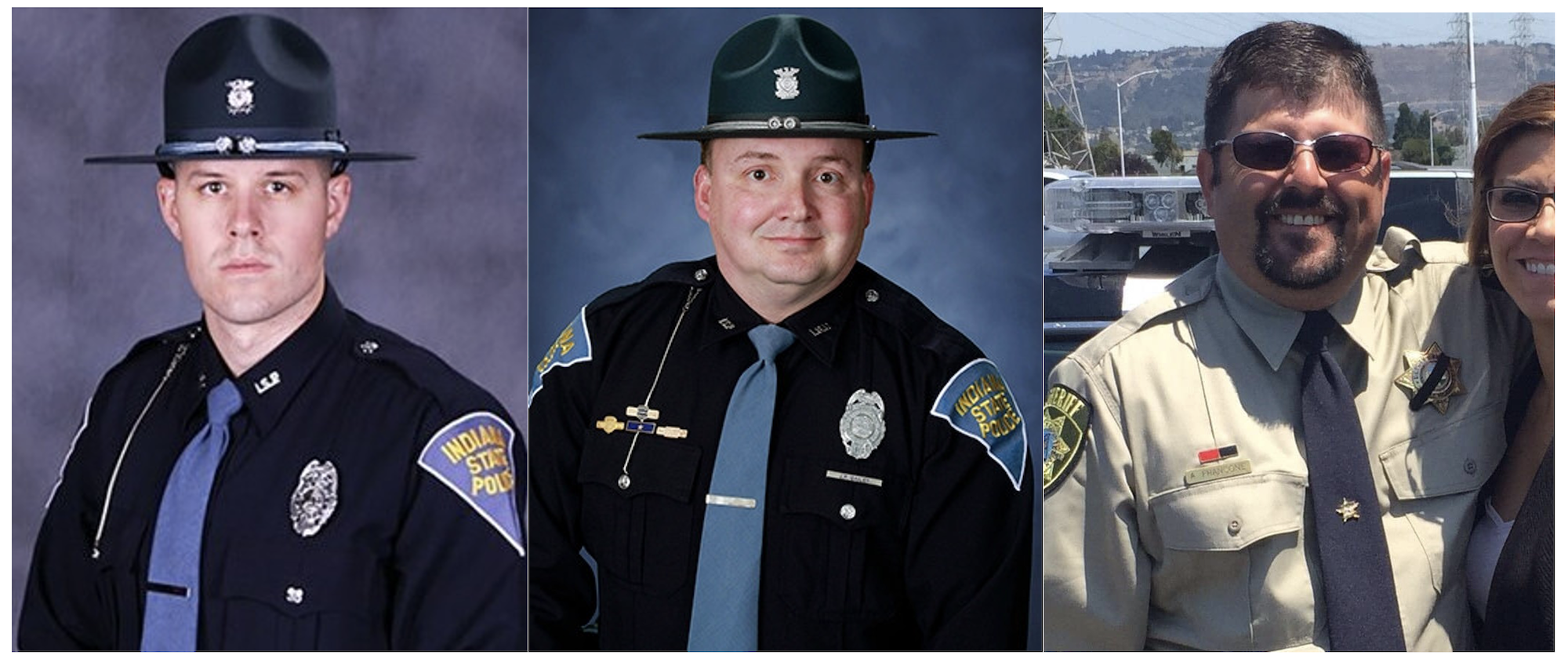
armour-boy
Simply put, a split sheet is a sheet of paper with a line down the center, divided into sections headed “I Said” and “They Said,” with lines indicating statements or questions and responses in chronological order. It’s a simple, straightforward format, which lends itself to your linear memory of the event.
Record every conversation regarding unusual or significant acts, orders or operations, especially those involving officials whom you know to bear you ill will, or, let’s say, who don’t care much whose tail gets toasted as long as it’s not theirs. If the events have no negative fallout, split sheets will make you a more accurate and organized supervisor. If, on the other hand, events take a negative turn and you find yourself unjustly staked out on an anthill, they can save your skin.
Let your “spidey senses” be your guide, and if a conversation raises the slightest suspicion at all, absolutely record it, and do so as soon as possible after the event.
If you must make notes during the conversation — such notes usually cover a simple statement of the mission or task, timing, personnel or logistics — you may add detail to them later, but they are not your split sheet or a substitute for it. Official notes are in effect agency property; split sheets are personal.
Note the individuals involved, the date, time and duration of the conversation, the location, and any witnesses to any part of it. Also, note precisely the time you wrote your split sheet. Handwriting is better than word processing, though it’s a good idea to scan and save your paper split sheet when completed. Do not make changes or erasures to your original. If you recall a detail later and need to add it, do so on an attached note, and date and time that as well.
Be as complete and thorough as possible, but recognize that you can’t accurately recall every detail. Split sheets containing an unreasonable amount of minutiae tend to be suspicious. Quote yourself and the other party where you can do so confidently, using quotation marks. Where you cannot quote exactly, use the code “TTE” to denote words To The Effect of, a recognized generalization.
By John Morrision
>> Click Here << To Read More June 2012 Street Level
Order Your Copy Of The American COP June 2012 Issue Today!


